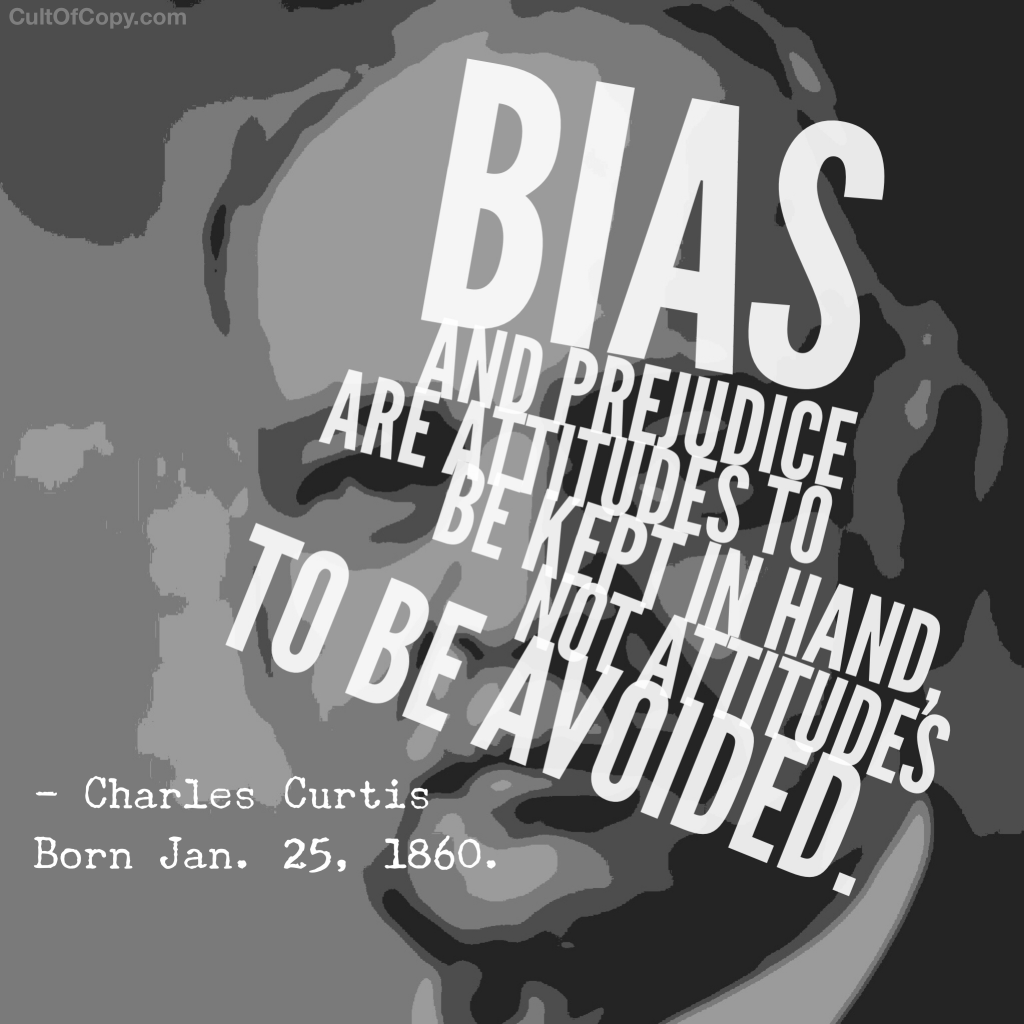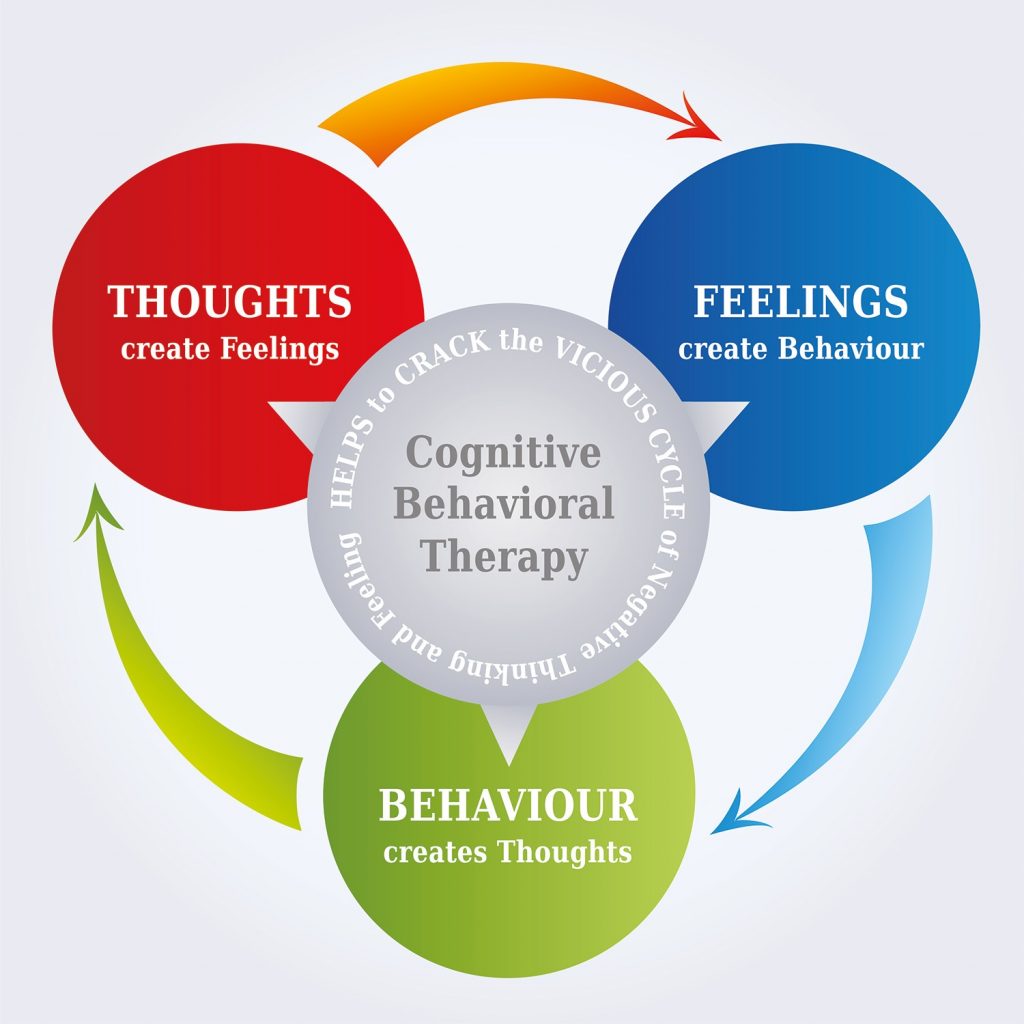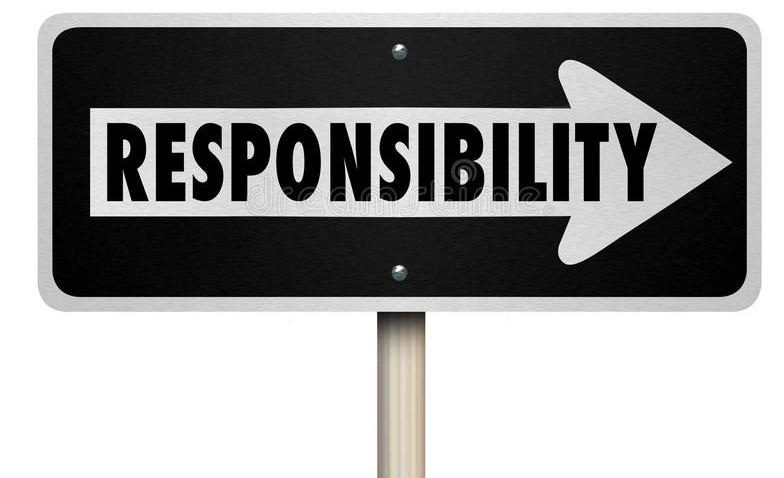Sexual Expression: Part 2
Coming Soon by Popular Demand!
This workshop will explore, from a psychoanalytical perspective, how to engage with clients around the subject of sexual expression.
We will consider variations on the theme of sexual expression, discussing: anxiety in relationships, taboos, societal and cultural impact, shame, kink, sexual difference and diversity. There will be a focus on insight into the intrapsychic and interpersonal.
Exciting Dynamic Theory into Practice workshops upcoming in Spring 2024
- Date tbc: Body-Mind Matters. Considering the connections as a therapeutic tool.
- Date tbc: Passion and Compassion. An exploration of how these most human of traits impact on clients, for good and ill, in their connections in the world.
- Date tbc: Creativity in the Therapy Room. Looking at how art, sand, water, and other creative tools, can enhance the therapeutic process.
- Date tbc: Integrating Therapy Modalities
- Date tbc: Transactional Analysis
- And many more to follow!
Previous workshops:
Driving client growth through therapy: An Existential approach
A relational and experiential CPD on exploring some Existential ‘theory into practice’. Discussion will be considering how to leverage the ‘Responsibility’ of the client, encouraging transitions.
The chapter entitled ‘Responsibility’ from Irving Yalom’s Existential Psychotherapy is encouraged, either as pre-reading or, follow-up, consolidation.
Prejudices and Bias in the Therapy Room

It works both ways, and much may be out of conscious awareness.
This workshop will explore, with a little direction and in general discussion, the wide and challenging area of the relational connection in therapy sessions. In particular we will attempt to bring to the surface the ‘out of conscious awareness’ bias within both counsellor and client.
What are the triggers, where have they come from and where can it lead – all influencing dynamic insights and, alternatively, potentially blocking constructive growth.
The psychodynamic perspective between the therapist’s and client’s child ego state. We’ll take a look at some of the ‘tells.’ When these transferences might be promoting elements in the relationship.
The hope is the session will supply plenty of “grist for the mill,” giving attendees plenty to chew on when it comes to really seeing our ‘client’ as well as our ‘self’ in the therapeutic relationship.
Sexual Expression
This workshop will explore, from a psychoanalytical perspective, how to engage with clients around the subject of sexual expression.
We will consider variations on the theme of sexual expression, discussing: anxiety in relationships, taboos, societal and cultural impact, shame, sexual difference and diversity. There will be a focus on insight into the intrapsychic and interpersonal.
Attachments

This core theory of human relatedness will be explored, considering how to best benefit client work connecting childhood patterns with those of the clients’ current patterns. The book ‘Secure Base’ by Bowlby will be our guiding light of exploration.
We will consider interventions, ideas and themes for therapists when working with clients as individuals or in couples when the relationship is ‘de-coupling’.
There will be discussion around how early experiences with primary caregivers impact the infants’ ability to form healthy relationships, with consideration around the different attachment styles, and the extent to which they can be re-formed.
CBT: Implementing Cognitive Behavioural Therapy into your Practice

CBT and relational psychotherapy aren’t always seen as complementing models.
However, there are many CBT tools and techniques that can be used within a relational, therapeutic alliance. CBT can be used to help clients discover how their thoughts and behaviours impact their feelings and can assist with focusing on goals. This is empowering and clarifies aspects of life which can cause challenges as well as helping to avoid feeling ‘stuck.’
Join us for this workshop, exploring CBT ideas and tools such as: Formulation, Schemas, Thought Diaries, Challenging Negative Thoughts, Socratic Questioning, Exposure Hierarchies and Goal-Setting.


